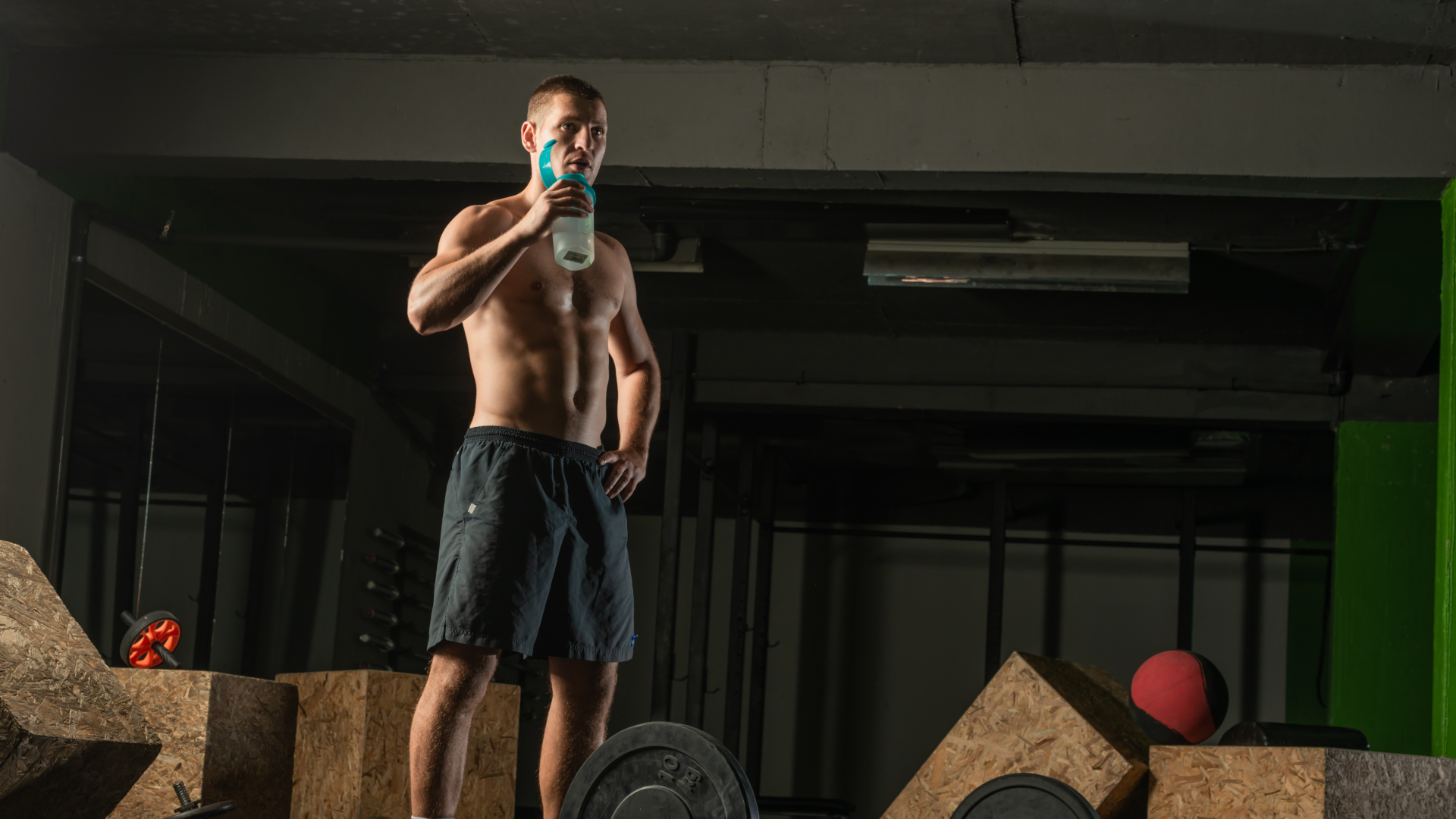Can you take too many electrolytes?
An expert reveals what you should look out for


Get all the latest news, reviews, deals and buying guides on gorgeous tech, home and active products from the T3 experts
You are now subscribed
Your newsletter sign-up was successful
Protein powder and creatine remain two of the most popular and well-researched sports supplements. But another supplement that’s been stealing the spotlight as of late is electrolytes, thanks to the rise in endurance sporting events (and the unusually hot weather we’ve been experiencing in the UK). But, just like you can take too much protein, can you consume too many electrolytes?
“Yes, you can take too many electrolytes - context is still vital here though," says Dr Samuel Impey, Scientific Advisor at Puresport. "Over the very long term, having too much salt in your body can lead to issues like high blood pressure or potentially cardiovascular disease – you see this at a population level from overconsumption of processed foods.”
“For this to happen, you'd have to be taking electrolytes very regularly, more than you need them, for a number of years. But, in the short term, there isn't really anything physiologically that happens that's immediately bad for you (assuming that you’re taking sensible amounts). Your kidneys will process anything you don't need and you'll get rid of it through normal processes, like either through urine, faeces, or maybe a slight shift in your sweat sodium losses."
That being said, if you have problems with your kidneys, you should check with your doctor as to whether it’s appropriate for you to take electrolytes. This is because if you struggle to function, it can lead to a dangerous imbalance.
Signs you may be taking too many electrolytes
Dr Impey says that having too many electrolytes in your system can cause the following:
- Very pungent or dark-coloured urine: “Your body's concentrating those salts into your urine, so even if you're well hydrated, a strong smell or different colour is often a sign you've had too much.”
- A real thirst sensation and drive to drink water: “Your body's looking to balance out those mineral concentrations by taking on more fluids.”
When should you really take electrolytes?
Electrolytes help either pre-hydrate you before intense exercise, or after, so when you should take them ultimately comes down to the type of training that you’re doing and how sweaty you get.
“If you're going full send, hitting a really hard training session or going for PBs in a 10K or Hyrox, then having electrolytes beforehand can help ensure you're optimally hydrated and ready to get after it,” says Dr Impey.
Get all the latest news, reviews, deals and buying guides on gorgeous tech, home and active products from the T3 experts
“For longer runs – 90 minutes or over half-marathon distance – electrolytes during the run can help maintain hydration levels and minimise salt losses, helping you feel better for that final third.
If it’s day-to-day training where you're sweating heavily, working out for over an hour, or training indoors, having electrolytes as part of your recovery can kickstart the rehydration process and replace lost salts.”

Bryony’s T3’s official ‘gym-bunny’ and Active Staff Writer, covering all things fitness. She is a certified personal trainer and also a part-time fitness instructor. In her spare time, you will find her in her natural habitat - the gym - where her style of training is a hybrid of bodybuilding and powerlifting. Bryony loves writing about accessible workouts, nutrition and testing innovative fitness products that help you reach your fitness goals and take your training to the next level.
You must confirm your public display name before commenting
Please logout and then login again, you will then be prompted to enter your display name.